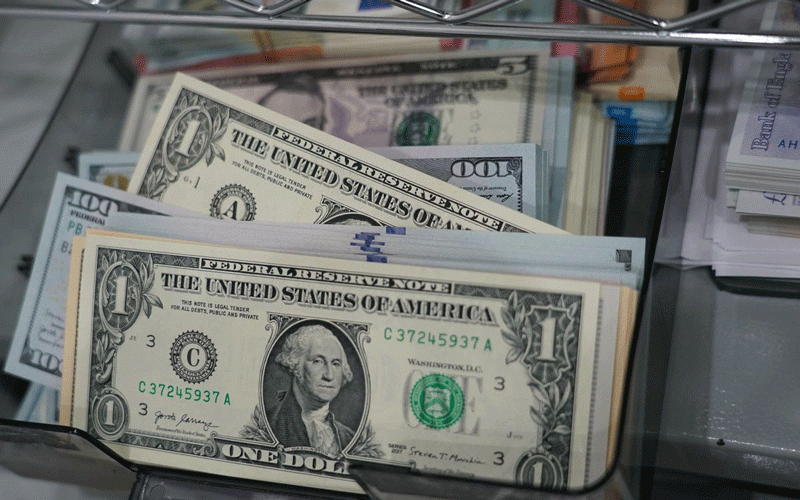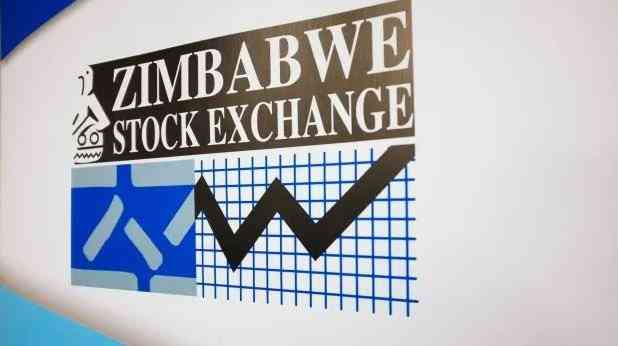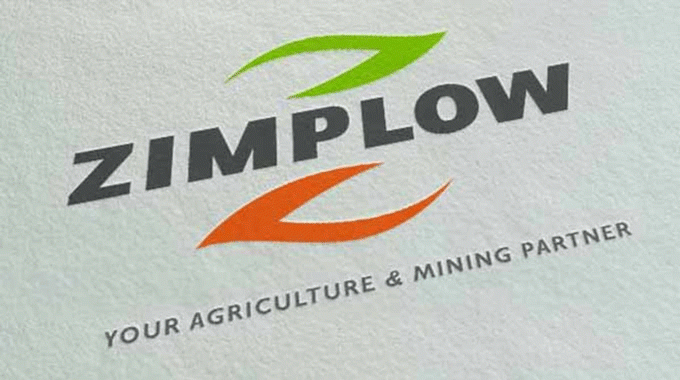
BUSINESS leaders this week voiced concerns that Zimbabwe’s tax system, particularly the intermediate money transfer tax (IMTT), is disproportionately burdening industries and rendering the country’s business environment uncompetitive.
Exporters report facing an unsustainable tax burden, with nearly 20% of their revenues going towards tax charges. This heavy burden makes locally produced goods significantly more expensive than those of regional competitors.
The government initially introduced the IMTT to generate revenue from the informal sector. However, despite repeated appeals from businesses to repeal or reduce the tax, these calls have so far been unsuccessful.
The IMTT was raised from 1% to 2% on all foreign currency payments earlier this year, triggering alarm among business leaders who fear it could lead to an economic downturn.
Analysts point out that the increased IMTT rate, coupled with banks' 5% margin and the Reserve Bank of Zimbabwe's 1% administration fee, means that businesses are facing an effective 8% deduction on foreign currency transactions.
Speaking to businessdigest Musheck Ugaro, technical advisor at the Employers’ Confederation of Zimbabwe, warned that the country's current tax regime was suffocating businesses.
“Business right now feels that the ease of doing business in Zimbabwe is uncompetitive,” he said.
“Business cannot stand with the imports because the calculations that we have shown that there is a layer of about 19%, close to 20%, of charges in taxes that make our cost of production higher than the region.
- Restrictive SIs rile business
- Caledonia lays out Bilboes revival plan
- Letter from America: Gold Mafia: Zim government should rethink its policies!
- So, is it a currency?
Keep Reading
“I will give you an example. If a company is importing equipment into Zimbabwe to enhance its productive capacity, it pays the IMTT on the money going out. And when the goods come in and the duties are being paid, they pay IMTT.
“So there is a lot of taxation that is happening, which makes it uncompetitive."
Ugaro urged the government to explore alternative ways to raise revenue without overburdening businesses.
“We do not have foreign direct investment and foreign aid, so perhaps the government needs to find a substitute by generating revenue itself because the resources belong to the government,” he said.
“We need this reviewed and there must be a regional comparative so that we can compete with the other countries."
Treasury has set the IMTT rate at 2% for Zimbabwe Gold (ZiG) and United States (US) dollar transactions under US$100 or the equivalent in local currency.
For transactions above this threshold, a lower rate of US$0,05 per dollar applies. The tax now also covers gold-backed digital token transactions.










